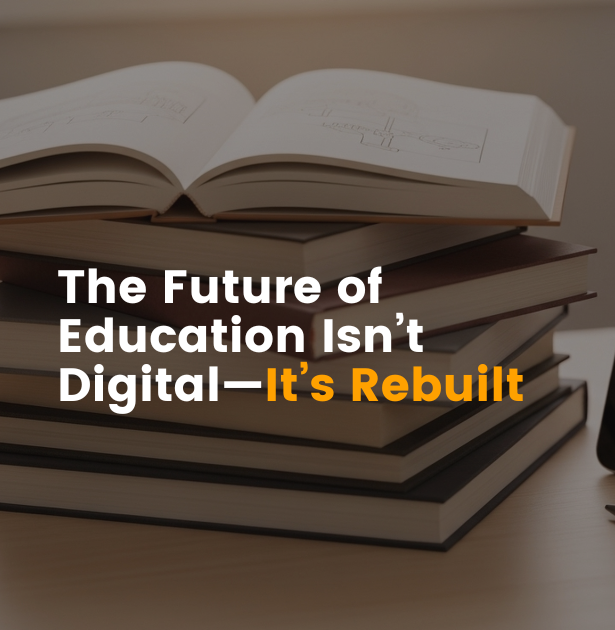
The current education system in the Western world has, on the whole not moved beyond standardized testing and teaching, so in many ways offers a very narrow view of the world to students.
Edtech platforms became more and more talked about and popular during the pandemic when teaching and learning migrated from the classroom to online to ensure students didn’t fall behind. Post-pandemic, the world is a different place and many of these edtech platforms have not stood the test of time. This is mainly because they focused on the tech side but not on the application of how it would work practically.
The West’s education system took a hard hit in the pandemic. What followed have been conflicts between the rise in popularity of online teaching vs traditional classroom learning.
Genius Group avoided the conflict between traditional modes of education and elearning by adopting early on a more global approach to learning, and even created ten key ideas for building an Edtech enterprise with a global curriculum.
Those ideas include:
- Teaching that helps students understand and embrace the pivotal trends shaping the digital decade.
How can we expect students to thrive in a very digitalised business world if they lack the technological knowledge and skills? Empowering students with the right tools will allow them to have a better understanding in the world, inclusive of AI and the metaverse, among others.
- Teaching entrepreneurship from an early age.
Young people with business leadership skills will certainly grow to be well-rounded entrepreneurs and be able to create the lifestyle they want. Entrepreneurship is a mindset, and this should be taught early on.
- Supporting the focus on individualized, student-centered, interactive learning.
The current Western education system operates on a ‘one glove fits all’ ethos and can often alienate students that do not fit that mould. Teaching should be individualised and an interactive experience, as it will ultimately bring out the best in the student.
- Connecting communities of learners globally.
A global approach to education creates a global community of learners, which brings together lots of wonderful inquisitive minds and connects them through a shared sense of purpose. This in turn can work at creating amazing, innovative projects and content.
- Embracing the world’s problems and the importance of finding solutions with real-world learning experiences.
Instead of leaving the world’s problems for the future generations, a global curriculum in a global community could face these problems head on and work together at finding solutions.
- Teaching the importance of giving and sharing.
Including a strong set of values within the curriculum would also benefit young minds and enhance the future workforce. Giving and sharing are acts that benefit the way we all feel, so should be part of what we learn from a young age.
- Teaching the importance of hard work, positive thinking, and delayed gratification.
In this fast-moving world, many people seek instant gratification, which can result in a brief moment of euphoria but ultimately does not last. Students should be taught that hard-work, a positive attitude and long-term gratification will have much better outcomes for their future.
- Teaching cultural literacy.
Through a global curriculum, cultural literacy can be achieved. As the world moves towards more global collaborations and less static ways of working, it is vital we teach young people about different cultures from their own.
- Teaching that wealth creation is positive and can be done without harming the environment or hurting others.
Instilling an entrepreneurial mindset should be coupled with teaching that wealth creation is a good thing. It can be achieved without causing any harm to the world or others and can in fact be beneficial to the greater good, if applied in the right way.
- Teaching the importance of making the world a better place for all.
This part of the curriculum is vital, we must teach students that we are all responsible for the state of the planet. Through global communities of learners that share this curriculum, great things can be achieved that will result in a better world for everyone. (687)
To truly meet the challenges of the future and to thrive in a digitalised world, we must start preparing young people to become culturally aware global citizens. Students with a strong entrepreneurial mindset and a shared value system will naturally look at how to improve the world we live in if the curriculum reflects the needs of the future.
We can start this with a global curriculum.
















Leave a Reply